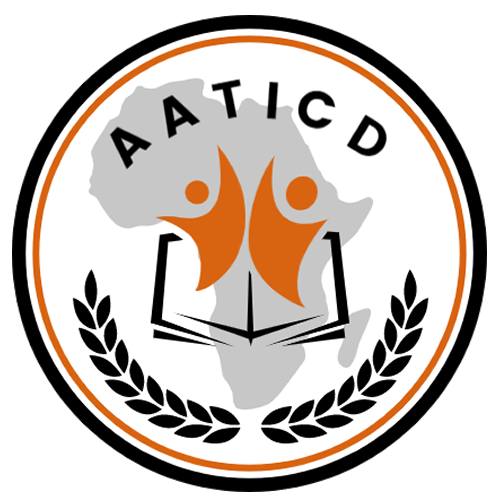This course provides participants with the opportunity to identify how a crisis can impact an organization and what should be done to mitigate its effects. The course focuses on how to prepare the communication function to respond rapidly and effectively in the event of a crisis in order to be able

What do the 2010 British Petroleum spill, the disappearance of Malaysia Airlines flight MH 370, and the financial crisis of 2008 have in common? They were all unexpected crises that rocked the world and created seemingly insurmountable Public Relations (PR) challenges for the organizations involved.
This course provides participants with the opportunity to identify how a crisis can impact an organization and what should be done to mitigate its effects. The course focuses on how to prepare the communication function to respond rapidly and effectively in the event of a crisis in order to be able to manage perceptions in the media and online.
By attending this course, you will learn best practices in crisis communication management, situation analysis, risk assessment, crisis team formation and responsibilities, protocols, and resources to be used such as crisis manuals and communication tools.
Course Methodology
The workshop is designed to be interactive and participatory with the occasional use of various educational and training tools. The course also relies on the use of real-life cases aimed at helping the participants translate the theory into application in an effective and efficient manner.
The course is built on four learning pillars: concept learning (lectures and presentations), role-playing (group exercises), experience sharing (roundtable discussions) and exposure to real-world crises and policy choices that participants may confront.
Course Objectives
By the end of the course, participants will be able to:
Identify the different types of crises and their aspects
List the various principles of crisis communication
Devise crisis management processes aimed at mitigating potential crises in their organizations
Demonstrate the benefits of using the media in a crisis situation
Evaluate and prioritize the dimensions involved in crisis communication management
Analyze and interpret results achieved through crisis communication management
Target Audience
This course is targeted at team leaders, supervisors, and managers of public relations sections as well as any staff member who may be involved in managing communication issues during a crisis.
Target Competencies
Public speaking
Verbal and non-verbal communication
Influencing audiences
Building rapport
Motivating subordinates
Organizing and leading projects
Course Outline
Introduction
Definition of a crisis
Overview of communication
Various types of crises
Key aspects of a crisis
Evolution of a crisis
Principles of crisis communications
Setting your clear objective
Responding quickly
Accepting responsibility
Appropriate messaging
Profiling your audience
Showing and maintaining credibility
Coordinating with others
Continuous monitoring
Crisis management process
Pre-crisis phase
Crisis Management Plan (CMP)
Crisis Management Team (CMT)
The spokesperson’s role
Crisis event phase
Initial response
Reputation repair
Post-crisis phase
Lessons learned
Follow up with communication
Crisis communication and media
Media and communication
Media as a partner in crisis response
Social media and crisis communication
Social media as a beneficial tool or a challenge
Dynamic use of social media in crisis communication
Dimensions of crisis communication management
Standard operating decisions dimension
Victims management dimension
Trust and credibility dimension
Behavior dimension
Professional expectations dimension
Ethical dimension
Lessons learned
How to measure your results in a crisis
Measuring outputs
Measuring the impact
Measuring outcomes
Steps for a measurement program
Defining your objectives
Defining your audience
Defining your criteria and benchmarks
Deciding upon your timing, budget and measurements tools
Analyzing results for conclusions and recommendations
Accredited Africa Training Institute for Capacity Development offers Unlimited Internationally Accredited Training in Pretoria South Africa. Accredited Africa Training Institute Courses are Cost Effective. Furthermore, Delegates take home either a Laptop or Tablet for Free after Graduation on completion of any visitors’ course.
We offer campus courses that we conduct as traditional classes conducted at any of our training venues, we also offer online courses that we conduct as distant learning classes, these are provided through our website to anyone around the world and we also offer in-house courses that we conduct as classes at the clients’ premises if delegates to participate in the class are 10 or more.
© 2025 coursetakers.com All Rights Reserved. Terms and Conditions of use | Privacy Policy